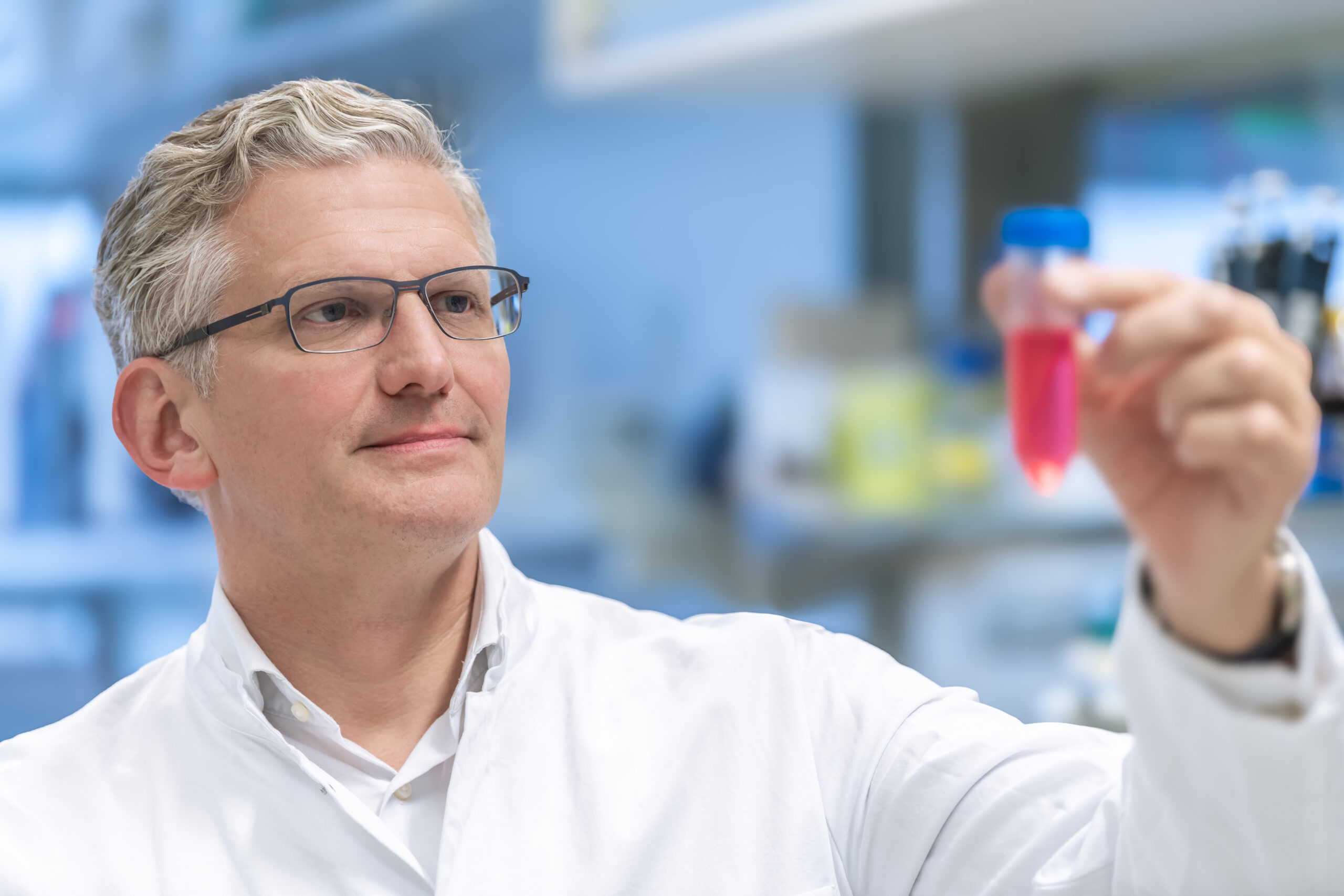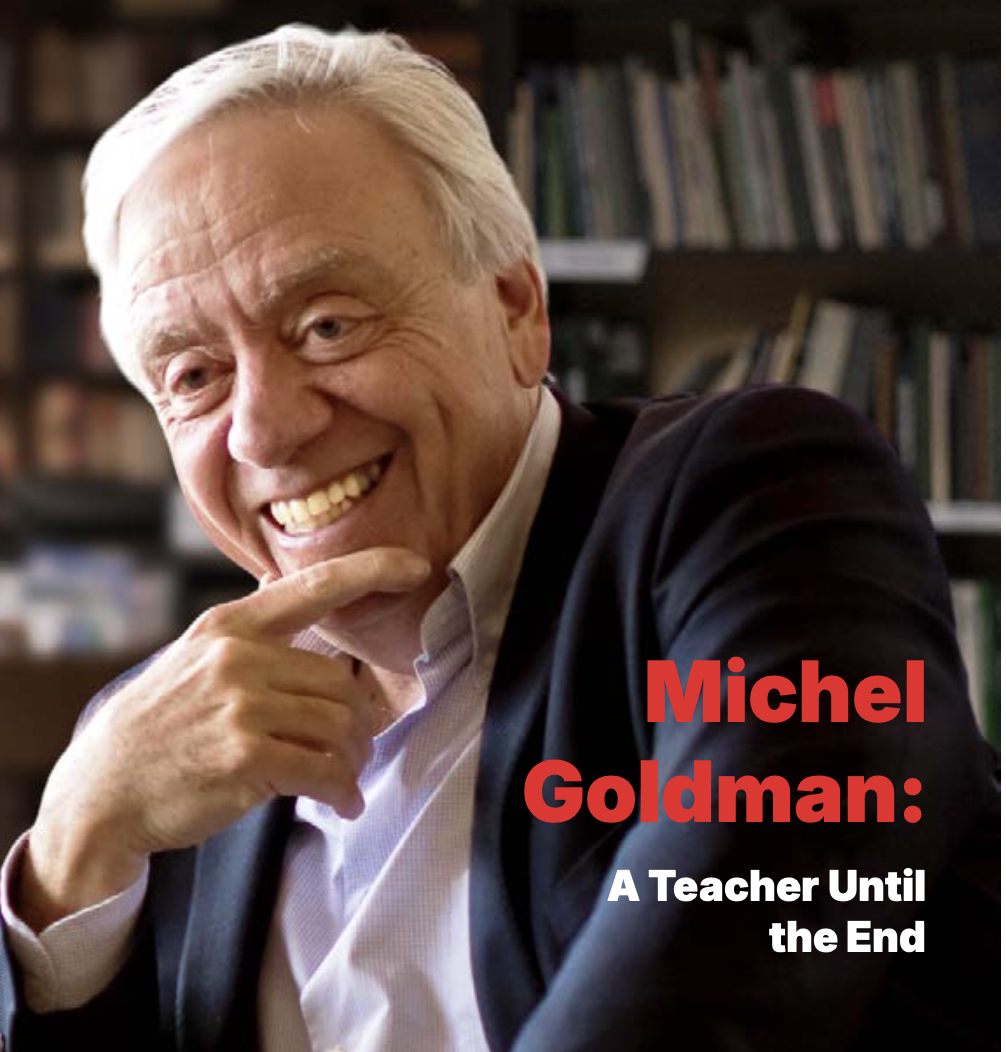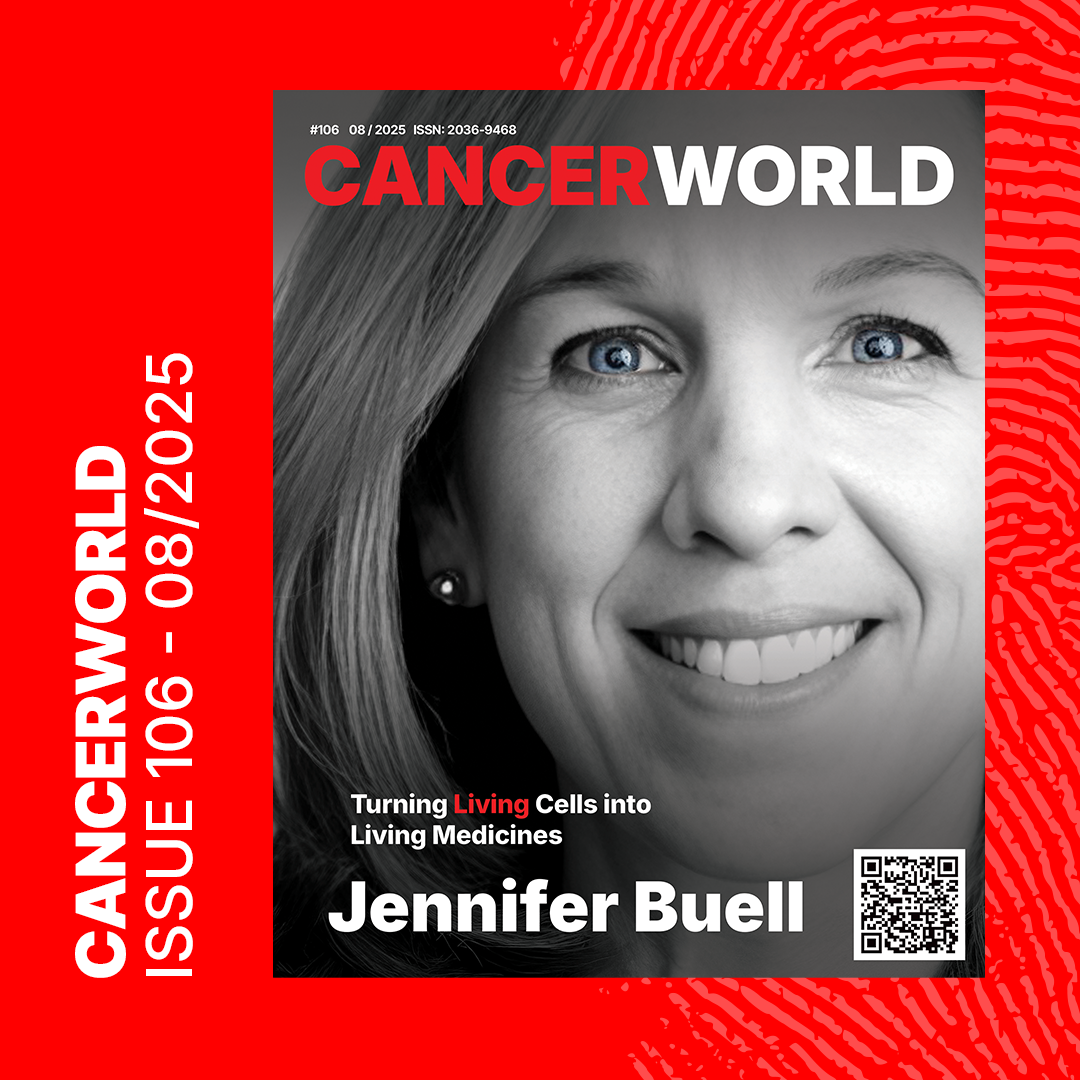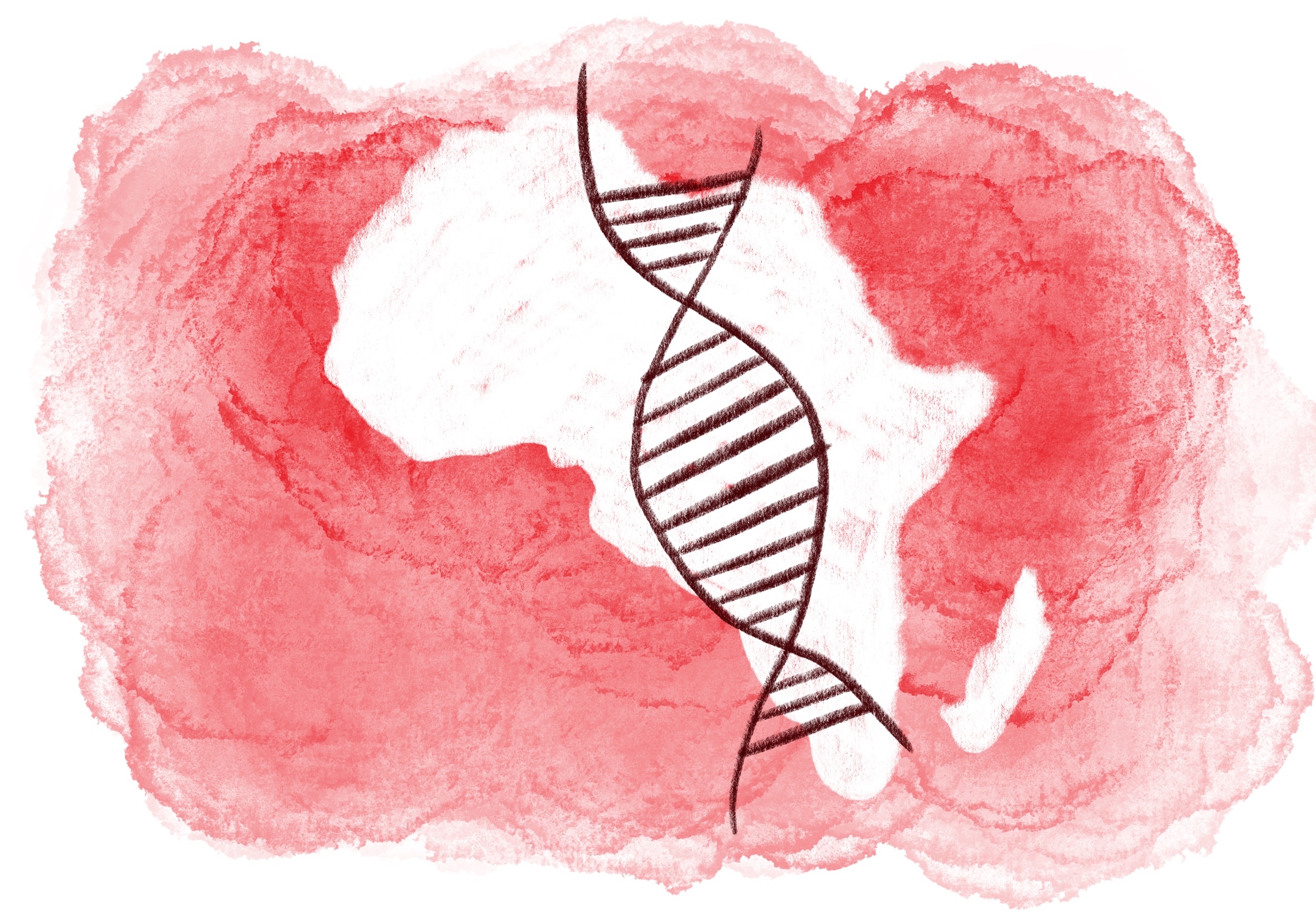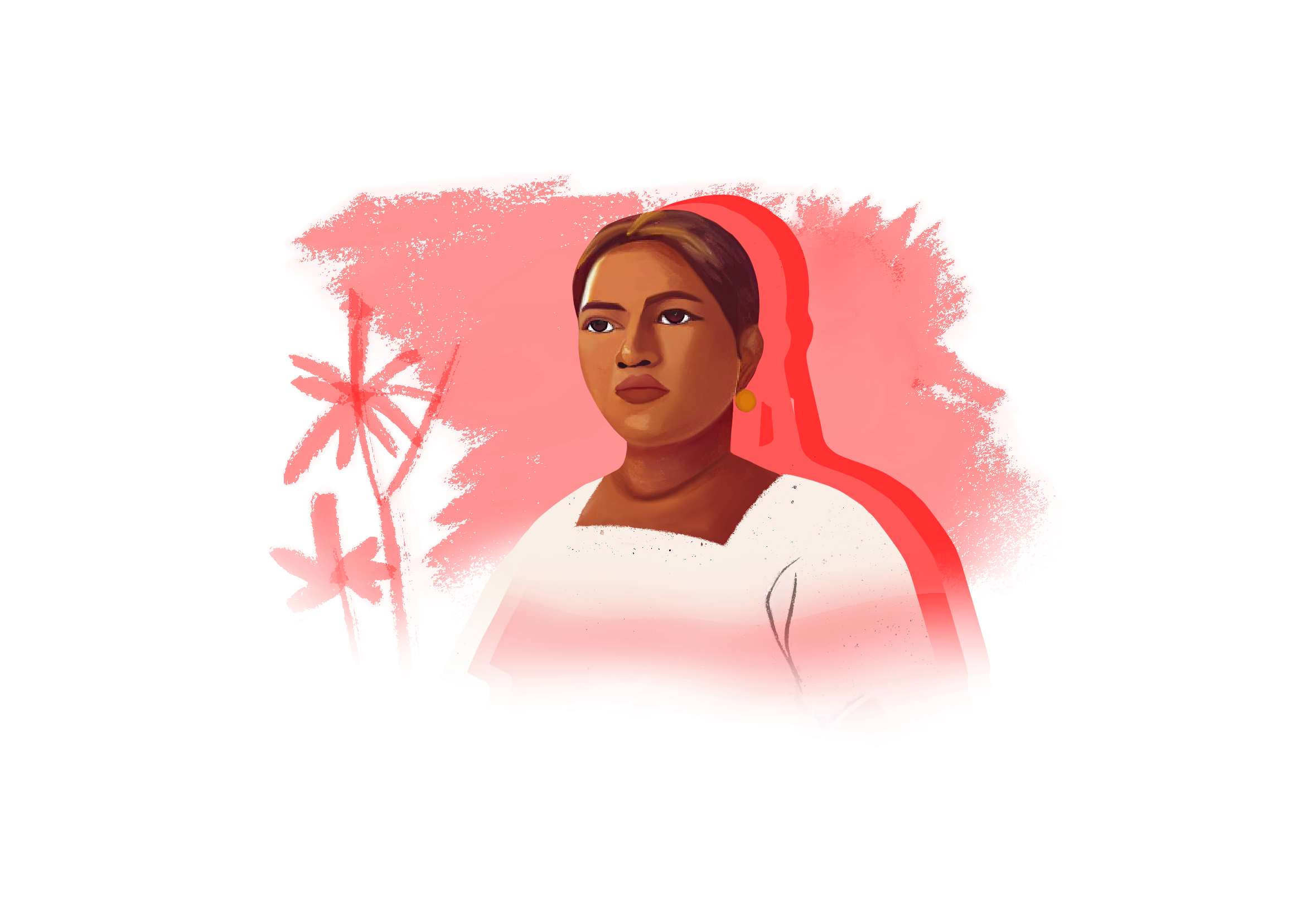Articles
When Hope is Hard to Find, Folk Remedies Step In
If you're in Eastern Europe and are unfortunate enough to develop a cancerous tumor, there's a decent chance that, alongside the diagnosis, you’ll receive an avalanche of advice from friends and family. Brew herbal teas; rub your skin with alcohol;…
Cancer Neuroscience: How Neurons Fuel Tumor Growth, and What it Means for Therapy
In May 2025, neuroscientist Frank Winkler, together with neurooncologist Michelle Monje, received the Brain Prize for pioneering Cancer Neuroscience, a discipline that explores how neurons actively contribute to tumor growth. How are nerve and tumor cells interacting, and how could…
Michel Goldman: A Teacher Until the End
In a quiet Brussels morning, we sat down with Dr. Michel Goldman, 70, a world-renowned immunologist, the founding president of the Institute for Interdisciplinary Innovation in Healthcare (I3h), and former executive director of the €2 billion Innovative Medicines Initiative. But…
Jennifer Buell: Turning Living Cells into Living Medicines
In an age where the boundaries of immunotherapy are constantly being redrawn, few voices carry as much scientific clarity and moral urgency as Dr. Jennifer Buell. A scientist by training and a biotech leader by conviction, Dr. Buell serves as…
Empowering Patients in Europe’s New Health Technology Assessment
Across the European Union, cancer patients often wait months, or even years, for access to promising new treatments already approved by the EMA. Now, the EU’s new Health Technology Assessment (HTA) Regulation is introducing a shared framework for evaluating new…
A Bold Step into Building Africa’s Cancer Atlas
Cancer does not affect all populations equally. For individuals of African descent, whether living on the continent or in the diaspora, cancer often presents at different stages, responds differently to treatment, and is associated with poorer outcomes. Yet, African populations…
Can Healing and Growth Coexist? Post-Traumatic Transformation in Cancer Patients
When Ana, a confident assistant manager at a multinational corporation, walked into my counseling office, she was no longer the poised professional her colleagues knew. “I was never meant to be a mother,” she whispered, eyes shadowed by uncertainty and…
“Moving Mountains with Passion”: The Life and Legacy of Baroness Françoise Meunier
It was a quiet public holiday in Brussels. The weather was pleasant and sunny, most offices were closed, and the streets were unusually serene as people paused from their routines. But not Baroness Françoise Meunier. She welcomed me into her…
Fighting Cervical Cancer in Latin America’s Indigenous Communities: The Case for More Research and Tailored Programs
Across Latin America, indigenous women experience the highest cervical cancer death rates in the region. Geographic, economic, and cultural barriers hinder their access to screening and treatment follow-up. Now, a group of researchers is trying to change that, by mapping…
“I’m Here”: The Story of George Kapetanakis
I first met George Kapetanakis at a Greek conference, where we were co-moderating a session. He came across as a warm and humble person. At the time, I had no idea he was the president of Greece’s largest patient organization.…


